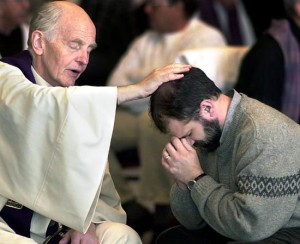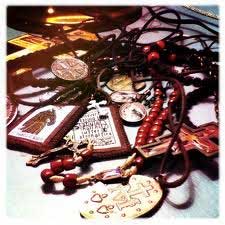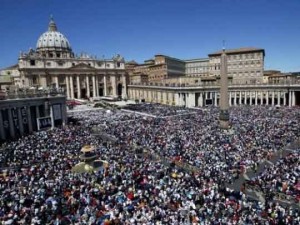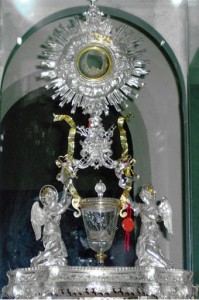Podcast: Play in new window | Download (Duration: 1:05 — 1.0MB) | Embed
Subscribe: Apple Podcasts | Spotify | Amazon Music | Android | Pandora | iHeartRadio | JioSaavn | Podchaser | Gaana | Podcast Index | Email | TuneIn | Deezer | Anghami | RSS | More

What is Truth?
In our culture religion is often considered a mere matter of personal taste. Just as some prefer vanilla and others chocolate, you have your religion and I have mine.
But Jesus Christ did not just claim to be another prophet or spiritual teacher; He claimed to be Truth itself, as when He said, “I am the Way the Truth and the Life. No one comes to the Father but through me.”
Upon hearing Jesus’ truth claims, Pilate scoffed, “What is truth?,”1 sounding very much like a skeptic in our own day.
But every person, ancient or modern, must confront Jesus’ claims to be the Messiah, the Son of God, whose blood atones for our sins, who dies and rises again, and will return as King and Judge of the world.
Such claims have only two possible responses: true or false. For if you claim to be God and the Savior of the 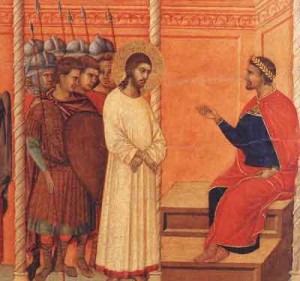 world, you either are or you aren’t. As C.S. Lewis wrote, Jesus could have either been a lunatic, a liar, or the Lord—but the one thing he could not have been was a mere “good moral teacher,” as so many say.2
world, you either are or you aren’t. As C.S. Lewis wrote, Jesus could have either been a lunatic, a liar, or the Lord—but the one thing he could not have been was a mere “good moral teacher,” as so many say.2
But if Jesus is truly the Lord, then He is the Lord of all—and that’s not a matter of personal taste!
1 – Jn. 18:8
2 – See Mere Christianity, Book 2, Chapter 3.

 world, you either are or you aren’t. As C.S. Lewis wrote, Jesus could have either been a lunatic, a liar, or the Lord—but the one thing he could not have been was a mere “good moral teacher,” as so many say.2
world, you either are or you aren’t. As C.S. Lewis wrote, Jesus could have either been a lunatic, a liar, or the Lord—but the one thing he could not have been was a mere “good moral teacher,” as so many say.2
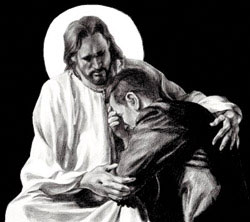 While we should also privately repent of our sins to God, Jesus instituted the sacrament of reconciliation or penance for our own good. Statistics show that Catholic populations have historically had lower rates of suicide and depression than non-Catholics, which many psychologists attribute directly to the healthy practice of vocally confessing one’s sins.
While we should also privately repent of our sins to God, Jesus instituted the sacrament of reconciliation or penance for our own good. Statistics show that Catholic populations have historically had lower rates of suicide and depression than non-Catholics, which many psychologists attribute directly to the healthy practice of vocally confessing one’s sins.